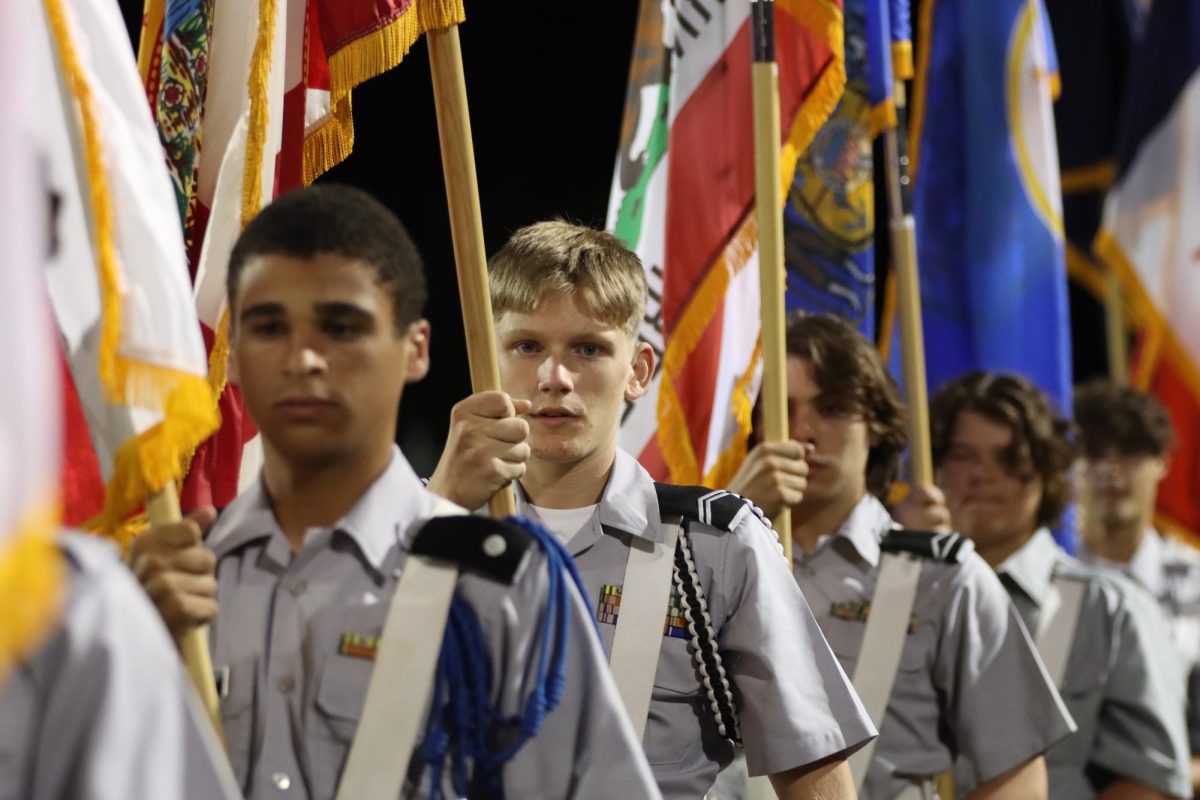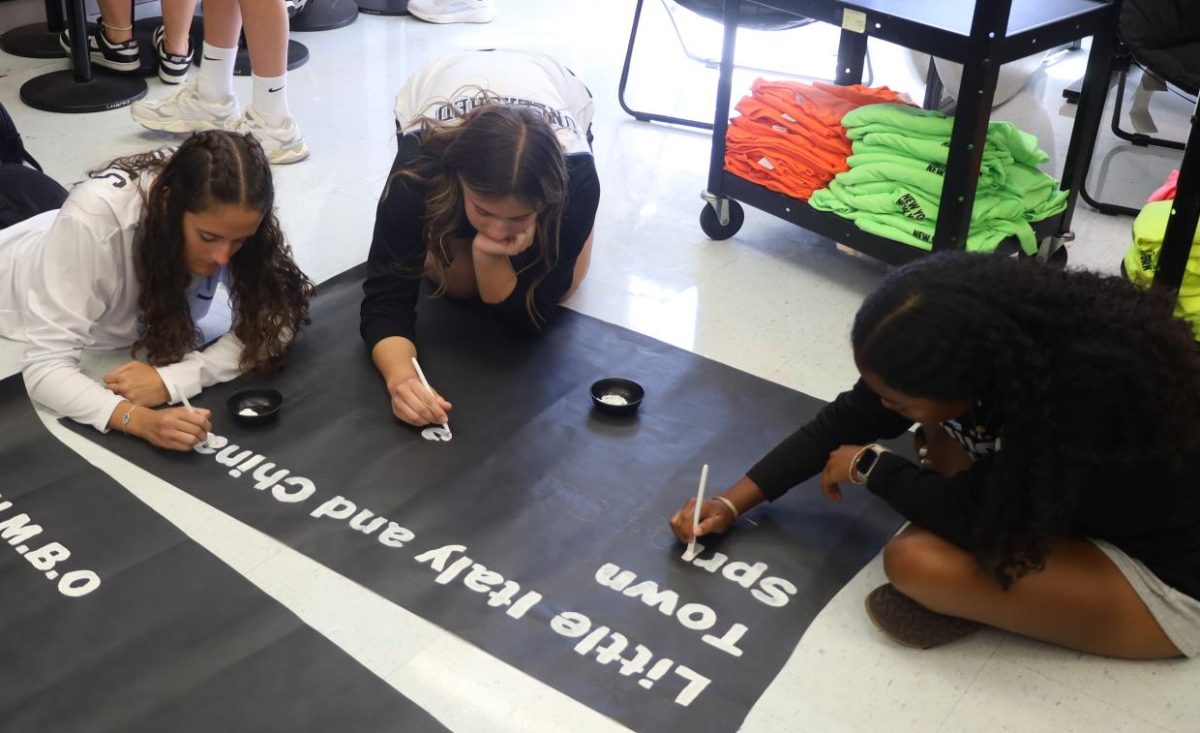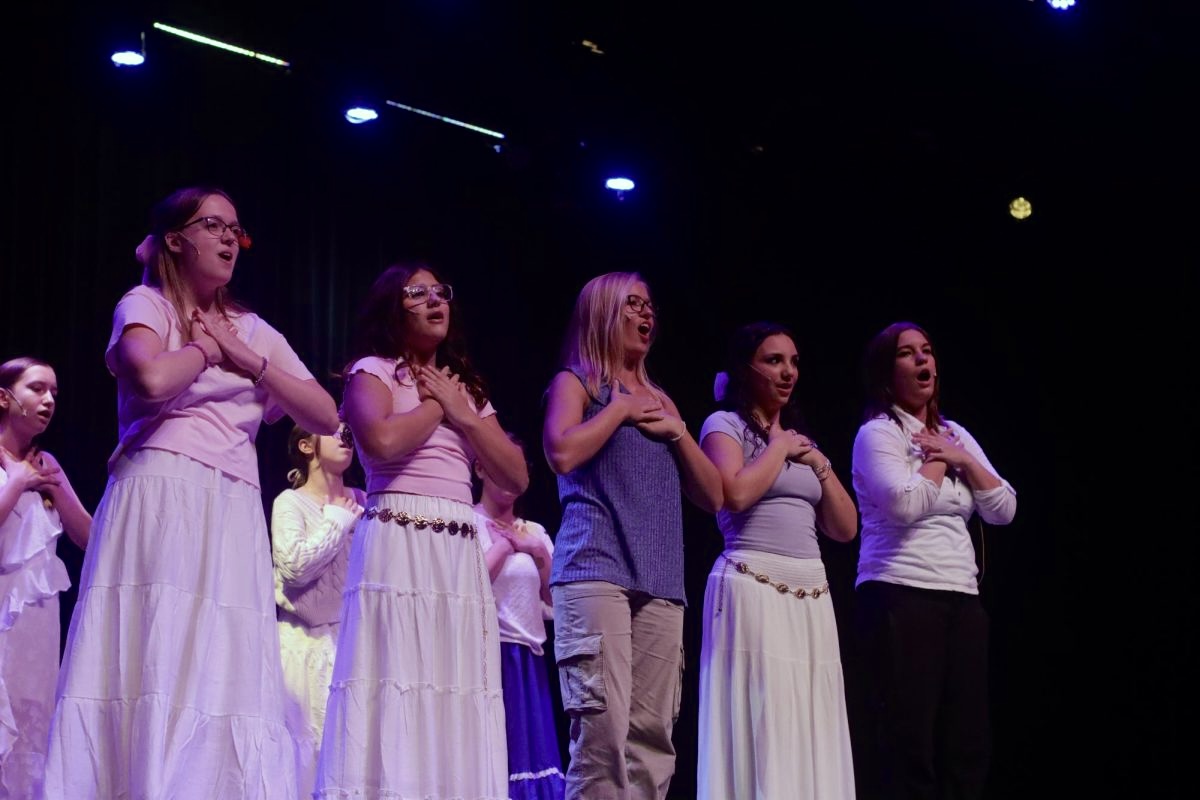In the classroom, learning topics such as graphing, the periodic table or essay-writing is common. But next year, a new lesson will be offered: how to fly.
Hagerty will be introducing three new flight oriented courses this upcoming school year through Embry-Riddle Aeronautical University, two of which will be dual enrollment courses. Journey to Flight, Principles of Aeronautical Science, and Unmanned Aircraft Systems will all be making their Seminole County debut next year, and similar programs have already entered some Orange County schools such as Ocoee High School.
Journey to Flight will serve as an entry level course and will be taught by JROTC instructor MSG Daniel Weber and will serve as an introduction to aviation. The course will be offered to all grade levels. Principles of Aeronautical Science is a dual enrollment course, giving students the opportunity to earn college credit, and will be taught by JROTC instructor MAJ Martin Johnson. The class will go over the basics of aeronautical science, offering students a broad understanding of aviation and the fields surrounding it such as airport operations, air traffic principles, elements of air navigation, flight physiology and aviation regulations. Unmanned Aircraft Systems, also a dual enrollment course, will also be instructed by Johnson and will be centered around understanding and operating unmanned aircrafts such as drones. Both dual enrollment courses are for sophomores and above. Students enrolled must maintain a GPA of 2.5. These courses will allow students to receive drone certifications through the Federal Aviation Administration. Those who take these courses have the potential to earn up to 17 dual enrollment credits.
While the new programs are being run through JROTC, they are not directly affiliated with the military or other institutions. Instead, they are meant to encourage student exploration in these potential careers.
“This is all civilian related, it’s not about a pathway to the military nor is JROTC a pathway to the military. It is simply an opportunity for cadets within the JROTC program to receive an industry certification,” Johnson said.
The program has the ability to expand as more students enroll in the initial course, allowing for a four year program.
“I signed up because the curriculum looked really interesting, and there are a lot of well-paying careers that it ties into,” junior Reuben Bianco said.
Careers in the field of aviation, especially those operating unmanned aircrafts, pay extremely well with little to no post-secondary education.
“[For] future careers as far as unmanned pilots, the average salary is over 100k a year— and that’s straight out of high school,” Johnson said.
The average wage of a flight instructor is also well above the national average at $82,000 per year. These courses will provide students with a chance to excel in the field of aeronautics and build a foundation for establishing a lifelong career.








